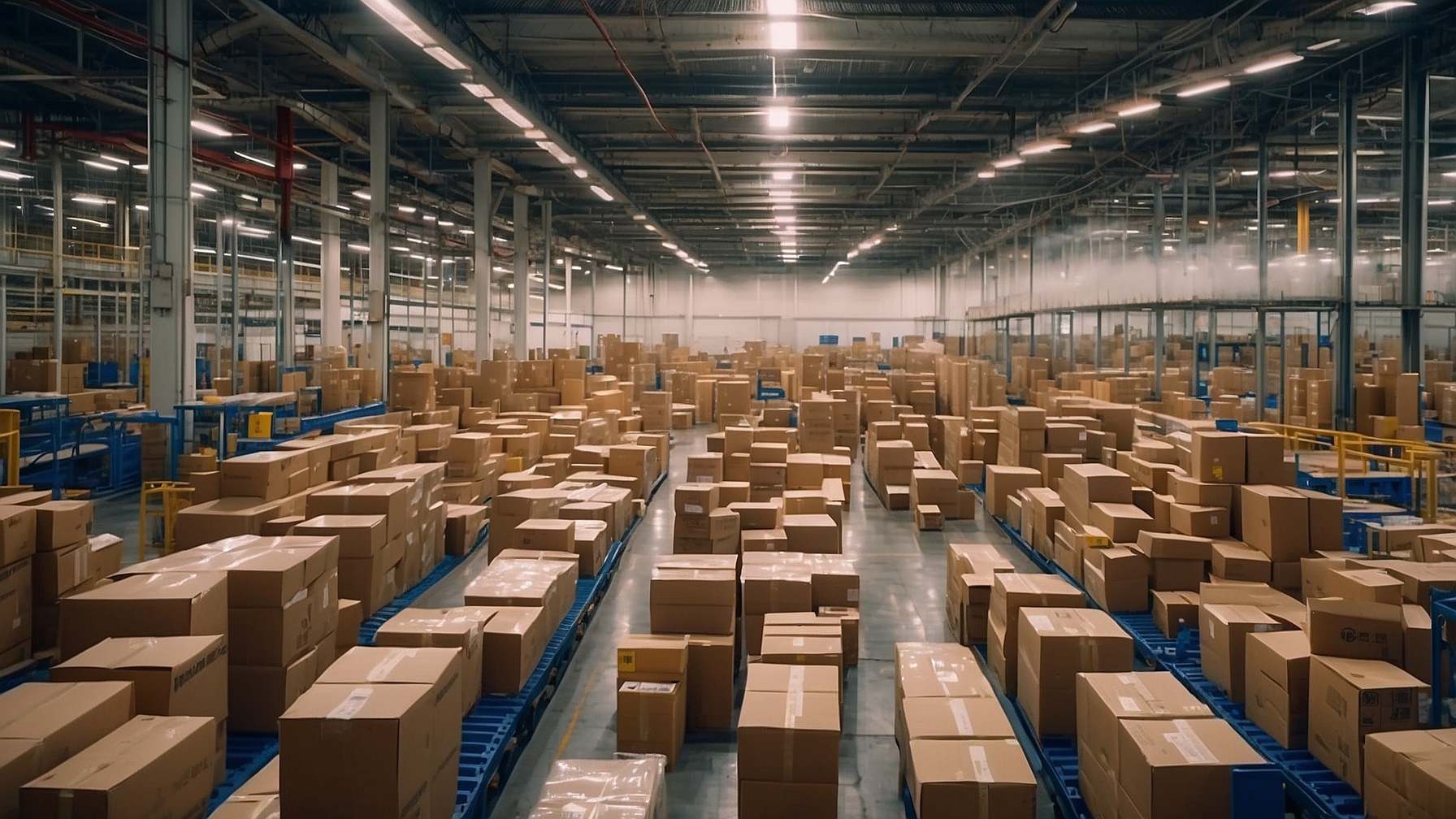In a shocking revelation that has retailers worldwide collectively gasping and clutching their low-inventory pearls, AI has been pronounced the new monarch of supply chain management. This benevolent overlord of algorithms is sweeping through the industry like a robotic Marie Kondo, tidying up inefficiencies and sparking joy—or perhaps just ignition failures—in operations everywhere.
Recent reports suggest AI is doing the previously unthinkable: making inventory management sexy. By handling more data in a millisecond than a supply chain manager can during a three-hour PowerPoint presentation, AI optimizes operations with a swift, emotionless precision that could bring a tear to a cashier’s eye. Retailers are now worshiping at the altar of algorithmic efficiency, praying that AI continues to bless them with minimum restocking.
“AI is the IKEA manual we’ve been waiting for,” declared Bob Tracker, a longtime logistician and part-time Sudoku enthusiast, now prophet of the predictive analytics cult. “It’s about time technology decided to do something useful instead of just showing us cat videos.”
Machine learning and generative AI are the darlings of this automated revolution, weaving together elegantly complex supply chain solutions that only further confuse the human staff. “Oh no, I understand it completely,” said Jane Doer, a store manager at a major retailer known for its ubiquitous blue vests. “It’s all about just… letting the robots take over, right? What could possibly go wrong?”
Critics argue that putting so much trust in AI might lead to situations where supply chains become so efficient they immediately become obsolete, turning entire shopping malls into ghost towns overnight. Nevertheless, proponents insist that it’s a small price to pay for the sheer convenience of never having to explain why those much-awaited seasonal products are inexplicably on backorder.
“It’s like giving your workforce a permanent Red Bull,” boasted an ambitious spokesperson for Relex Solutions, a key player in the AI supply chain space. “Without the pesky side effects like insomnia or awkward bathroom trips.”
As futuristic as this all sounds, there is an undeniable excitement in the air, or at least an electric buzz emanating from the servers tasked with running these AI processes. Humanity might eventually grasp its own redundancy, but until then, retailers can rest easy knowing that somewhere deep in the digital ether, an AI is tirelessly working, forever refining the logistics that keep their profits alive while they argue over which shade of beige best describes “neutral”.




